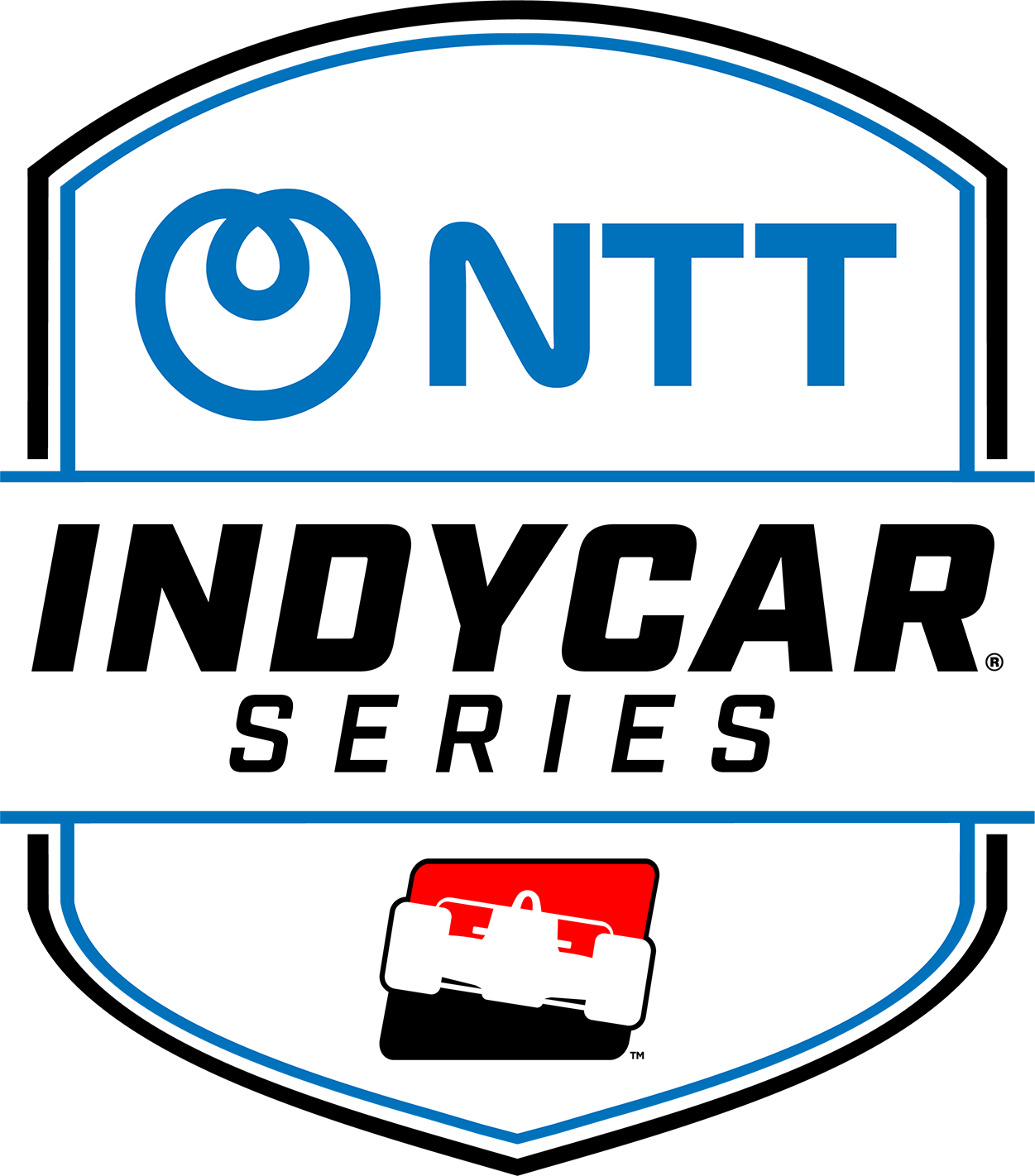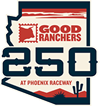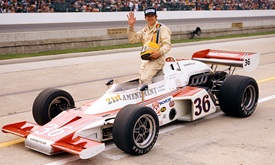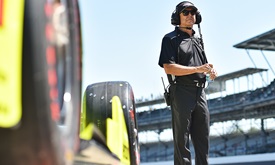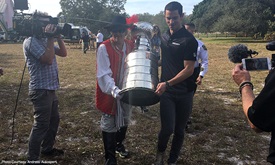Team owners take the risk; we benefit as race fans
JAN 30, 2018
At the end of the Rolex 24, Roger Penske shook hands with crew members and driver Simon Pagenaud in the Team Penske pit. He spoke with reporters, greeted well-wishers and began his walk back to the motorcoach lot Sunday afternoon at Daytona International Speedway.
Along the way, he greeted an IMSA worker and chatted with members of one of the Porsche teams. His pace was light and quick as he spoke with one of the team’s publicists. Age 80, he had been awake for more than 24 hours, calling strategy, monitoring lap times and gaps and helping to plot pit stops for his two cars. He was in his element, appearing years younger, enjoying every moment of the experience.
A few minutes later, Chip Ganassi joined drivers Richard Westbrook, Ryan Briscoe and Scott Dixon for a press conference acknowledging his 200th victory as a team owner. Instead of basking in the landmark, Ganassi deflected the attention to drivers, engineers, crew members, managers and sponsors he’d worked with during his 28 years as a team owner.
Days before, during a Verizon IndyCar Series test session at Sebring International Raceway, Dale Coyne walked alone across the grass from his team’s transporter to a solemn spot beneath a tree and watched the lines his drivers took. A hundred yards away, A.J. Foyt told stories to his employees. A few feet from him, Michael Andretti smiled while watching the carefully organized mayhem around his four cars.
“The best way to make a small fortune in racing is to start with a big one.”
The line is credited to former NASCAR team owner Junior Johnson, but variations of it have existed since people first decided automobiles weren’t meant for transportation as much as they were meant for racing. It’s not the easiest way to make a profit; in fact, it’s a surefire way to set fire to money.
Ask anybody who’s ever raced a late model at the county fairgrounds what it’s like. Driving is the fun part; putting together the finances is the painful part. You can’t build a car without money. You can’t put fuel in it or tires on it without more money. You need a truck and a trailer to haul it from track to track. Expenses beget expenses. It’s a never-ending cycle of money in/money out. If you’re lucky, you’ll cash a $500 check for winning a feature.
It’s a losing proposition and you know it, but you pursue it anyway. You hit up the local auto parts store, the neighborhood pub and the corner grocery. In exchange for a few thousand, you’ll put their logos on the car (and pray you don’t wrinkle them when you hit the wall, because you will hit the wall). No matter how many sponsors you accrue, you’re more likely to lose money over the course of a summer than make money.
But you do it because you love it. Not just love it, but breathe it. You can’t see yourself not doing it. It consumes your thoughts, drives you mad, makes you feel alive. It’s a wonderful, blessed insanity. Like a gambler who can’t walk away from green felt, you can’t walk away from a racetrack.
Roger Penske could have been anywhere else but a racetrack last weekend. He’s a billionaire. He could have been on a yacht in the South Pacific watching the race on TV. And if he had to be at Daytona, he could have at least taken a break once in a while. But he didn’t. He stayed through it all, relished the experience and chatted with strangers after it ended.
Likewise, Chip Ganassi would have been right to brag about 200 victories, but he didn’t. He knew it wasn’t his to brag about. It belonged to an entire group of people over decades. Same for Dale and A.J. and Michael. They didn’t need to show up at a pedestrian event like a test session, but they did. Not because they love racing, but because they breathe it.
Without the passion of team owners, none of this delightful craziness exists. Without people who take an enormous financial chance, we don’t get to witness the spectacle of 33 cars hurtling into Turn 1 at Indianapolis Motor Speedway each May. Without risk-takers, life would be exceedingly dull. Without risk-takers in racing, the sport would cease to exist.
We don’t do it often, but it’s time to thank team owners. Thank them for taking the risk, for putting on a show, for putting together the delicate pieces that get this circus from town to town.
But mostly, thank them for their passion for the sport. It’s something we all share.
